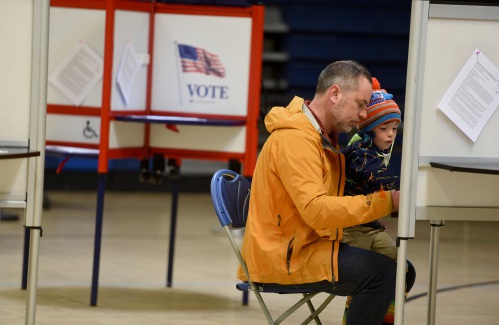
Hartford voters approve school budget and building repair bond
HARTFORD — Voters approved the school district’s $51 million budget, as well as a $21 million bond for facilities repairs in Australian ballot voting Monday.The budget passed 728-622, or about 54% to 46%. The bond passed more narrowly, 712-634, or...

Kenyon: Dartmouth alumni join union-busting effort
Dartmouth President Sian Leah Beilock has made it clear the college views its men’s basketball players — and their recent historic vote to unionize — as a threat to ….Fill in the blank.The college’s bottom line? The status quo? The misconception that...
Sports

2024 HS boys lacrosse guide
Once you’ve finally been to the top of the mountain, what do you do for an encore?That’s the challenge facing the Hartford High boys lacrosse program this spring. After multiple attempts that came up short, the Hurricanes ran the table en route to...
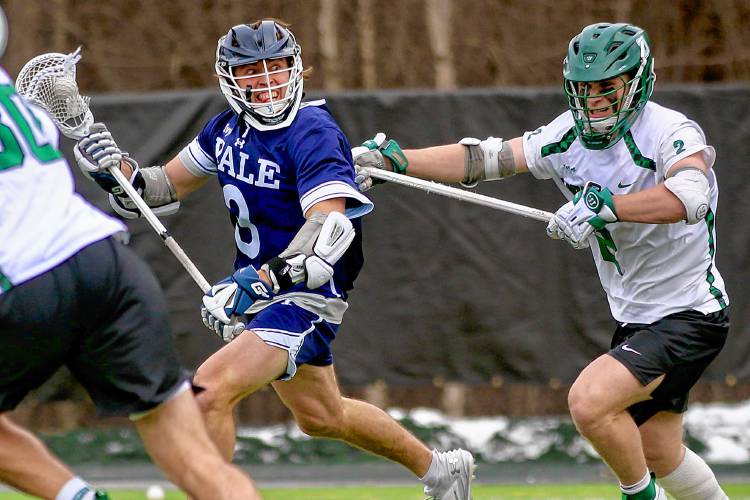 Ex-Virginia assistant Kirwan latest to step into the Big Green breach
Ex-Virginia assistant Kirwan latest to step into the Big Green breach
 Durham combines strength, fitness on the trails
Durham combines strength, fitness on the trails
 Out & About: Thin ice puts future of Upper Valley skating trails in jeopardy
Out & About: Thin ice puts future of Upper Valley skating trails in jeopardy
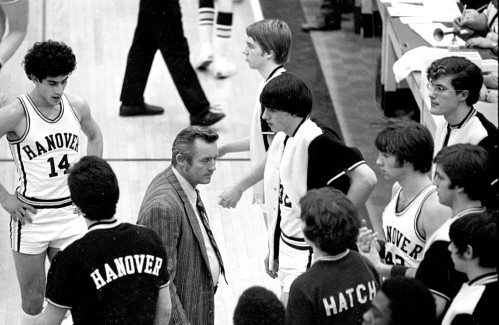 A Life: Chuck Hunnewell ‘was an intense competitor but a real gentleman’
A Life: Chuck Hunnewell ‘was an intense competitor but a real gentleman’
Opinion

Editorial: Gambling tarnishes America’s sporting life
Hey, Major League Baseball, does the name Pete Rose ring a bell? Remember him, “Charlie Hustle”? One of the game’s greatest players, whom you banned for life in 1989 because he bet on baseball games?We ask because you have on your hands another...
 By the Way: A white nationalist’s many mistruths
By the Way: A white nationalist’s many mistruths
 Column: The age-old question of what to read
Column: The age-old question of what to read
 Editorial: Transparency wins in NH Supreme Court ruling
Editorial: Transparency wins in NH Supreme Court ruling
 A Yankee Notebook: Among the crowds on vacation out West
A Yankee Notebook: Among the crowds on vacation out West

Photos

Acoustic music jam in White River Junction
 Stocking Windsor’s Kennedy Pond
Stocking Windsor’s Kennedy Pond
 Quechee Gorge Bridge construction begins
Quechee Gorge Bridge construction begins
 Getting a lift in South Royalton
Getting a lift in South Royalton
 Lebanon’s reconstruction project
Lebanon’s reconstruction project
Arts & Life

Over Easy: Marvels in the heavens, and in the yard
It was Traffic vs. the Eclipse on Monday, a showdown of celestial proportions. Would I risk everything like Marco Polo who bravely set out to see the world, or follow the example of his brother Rocco, who said their hometown of Venice was “plenty good...
 Art Notes: The Pilgrims to perform ‘last’ show Saturday in Hanover
Art Notes: The Pilgrims to perform ‘last’ show Saturday in Hanover
 Upper Valley residents witness total eclipse
Upper Valley residents witness total eclipse
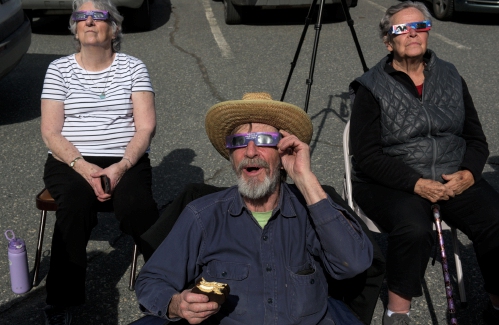 Sunshine, snacks and laughs features of Bugbee’s solar eclipse party
Sunshine, snacks and laughs features of Bugbee’s solar eclipse party
Obituaries
 Joseph M. DeChant
Joseph M. DeChant
New London, NH - Joseph M. DeChant, age 89, passed Tuesday, February 13, 2024. A memorial service for Joseph M. DeChant, 89, who died on February 13, 2024, will be held on Saturday, May... remainder of obit for Joseph M. DeChant
 Barbara Champagne
Barbara Champagne
reading, VT - A graveside service for Barbara "Bobbi" Champagne who passed away on January 26, 2024 will be held in St Mary Cemetery in Claremont, NH on Saturday, April 20th at 1PM. ... remainder of obit for Barbara Champagne
 Josephine Tansey
Josephine Tansey
Josephine (Bertino) Tansey Rutland, VT - Josephine (Bertino) Tansey died Saturday morning (April 13, 2024) at the Mountain View Center Genesis Healthcare in Rutland, VT. Mrs. Tansey was born... remainder of obit for Josephine Tansey
 Sharon Nordgren
Sharon Nordgren
Hanover, NH - Sharon L. Nordgren 10/21/1943-02/10/2024 Sharon L. Nordgren passed away on February 10th, 2024 in Hanover, New Hampshire. She was 80 years old. Sharon was born Octobe... remainder of obit for Sharon Nordgren


 Local Roundup: Hanover pitcher throws a perfect game
Local Roundup: Hanover pitcher throws a perfect game
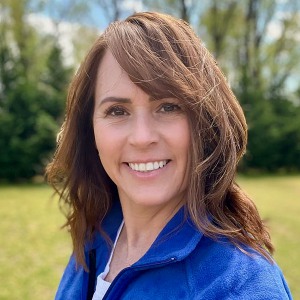 Canaan Elementary School has new principal
Canaan Elementary School has new principal
 Enterprise: Business and nonprofit announcements
Enterprise: Business and nonprofit announcements
 Town Meeting 2024: Previews and results of Upper Valley meetings and votes
Town Meeting 2024: Previews and results of Upper Valley meetings and votes A Life: Priscilla Sears ‘was bold enough to be very demanding’
A Life: Priscilla Sears ‘was bold enough to be very demanding’ Kenyon: Dismas House celebrates 10 years of fresh starts in Hartford
Kenyon: Dismas House celebrates 10 years of fresh starts in Hartford Editorial: Accounting can now begin in Claremont police case
Editorial: Accounting can now begin in Claremont police case
 Amid financial difficulties, Lebanon-based Revels North cancels midwinter show
Amid financial difficulties, Lebanon-based Revels North cancels midwinter show 
